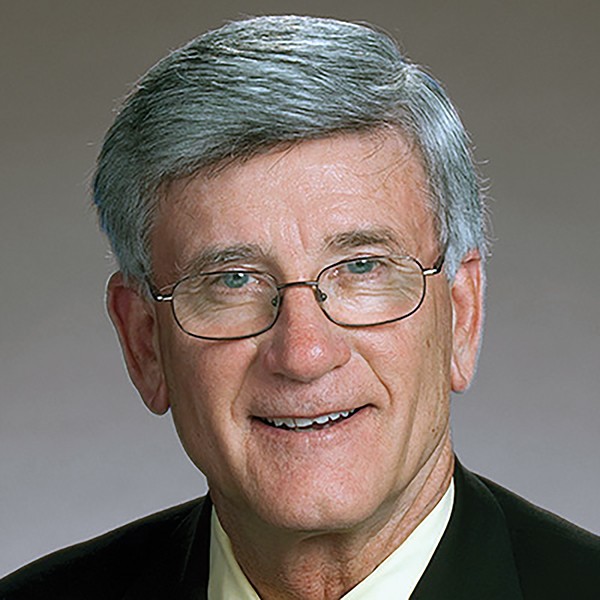As promised, Guns Owners of America (GOA) and others sued the city of Memphis to block from ever becoming law gun-control referenda items passed by an overwhelming majority of voters.
The gun rights groups promised a lawsuit on the ballot referenda before the election. It filed the lawsuit in Circuit Court in Memphis on Wednesday.
The suit’s core argument is that the Memphis City Council, who put the questions on the November ballot, did so “in blatant contravention of Tennessee’s preemption law.” With this, the measures are “invalid and void.”
The GOA joined the suit with Memphian Ty Timmerman, the Gun Owners Foundation, and the Tennessee Firearms Association (TFA). Timmerman is a member of the GOA and the TFA. The suit says he carries a handgun for protection in the city and in his vehicle with no permit, which is legal under the state’s permitless carry law. He also owns a number of semiautomatic rifles, especially noting he owns an AR-15.
Timmerman, the suit says, wants to keep carrying his handguns and collect more semiautomatic rifles. The GOA argues Timmerman will be “adversely affected” by the city’s proposed gun-control rules.
“Tennessee has one of the strongest preemption laws in the nation, and the very reason it exists is to prevent radical anti-gun cities from enacting the very sort of draconian policies Memphis just ‘adopted,’” said Erich Pratt, GOA’s senior vice president. “We are hopeful that Tennessee courts will quickly block this insubordinate violation of state law.”
City council chairman JB Smiley Jr. said none of the agencies who sued are from Memphis, called the lawsuit “short-sighted and “ill-conceived,” and said it is “not against the city of Memphis, but against the people who call it home.” At best, the GOA’s opposition is based on “flawed” logic, he said. At worst, the suit could lead to “record-breaking homicides.”
“Opposition to gun reform, and consequently this lawsuit, is deadly, dangerous, and disrespectful to the people of Memphis, whom this will directly impact long after these out-of-state entities leave,” Smiley said in a statement posted to X Thursday. “But, here’s what I know — when you come against the people of the 901 and when you try to silence our voice, we stand up and defend our neighbors and our values every single time. We must continue [to] take a stand against anything that would stand in our way of achieving that.”
Along with the suit, the GOA posted a YouTube video titled, “We’re Suing Memphis.” It shows Smiley saying that should the body be sued, “in the words of our attorney [Allan] Wade, ‘Tell them to bring it on. We’ll fight about it in court.’” The video then shows a photo of Memphis Police Department Chief Cerelyn Davis set to funky music, and video of Bill Hader dancing and making faces cut from a Saturday Night Live sketch.
“Memphis voters overwhelmingly chose to strip their fellow citizens of their fundamental rights, and now city officials, knowing full well these ordinances will patently violate Tennessee law, are planning to implement them,” said Chris Stone, GOA’s director of state and local affairs. “This is unacceptable, and we are eager to fight back.”
The suit seeks the blocking of enforcement of the ordinances, a statement making the rules invalid, and damages, court costs, and legal fees.
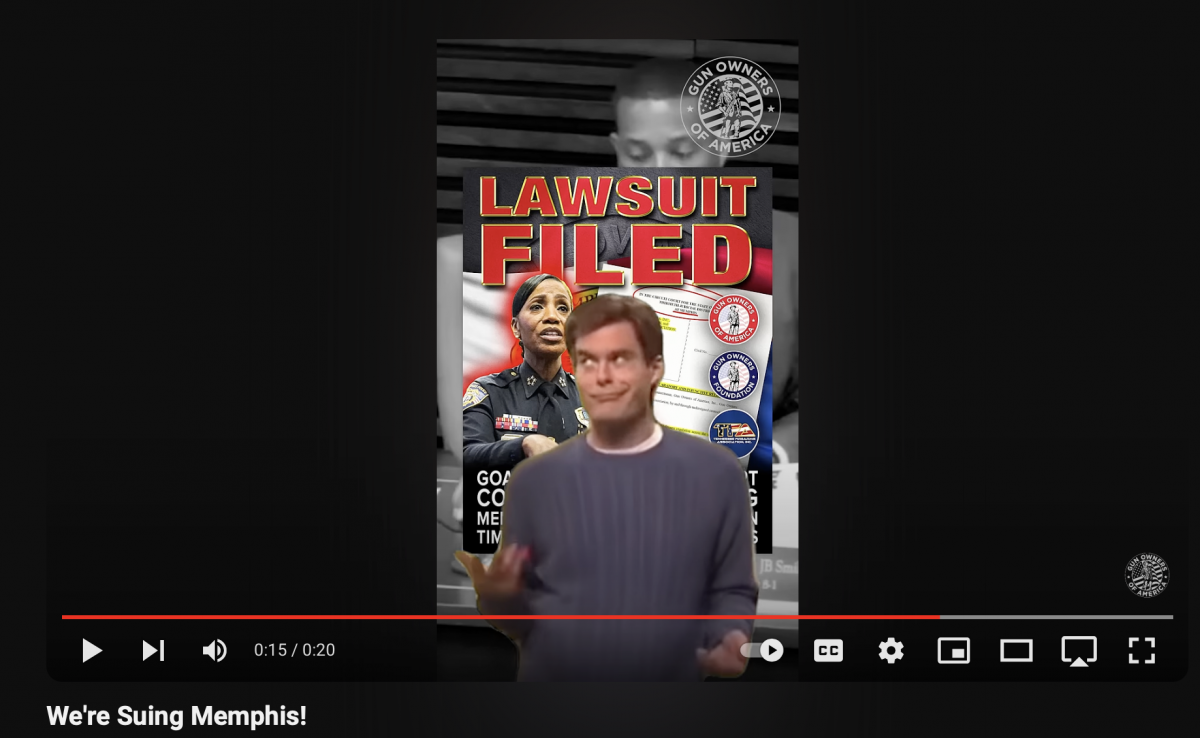
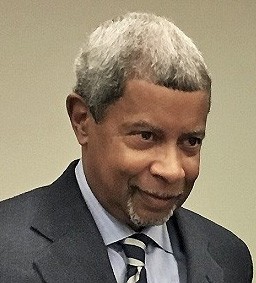
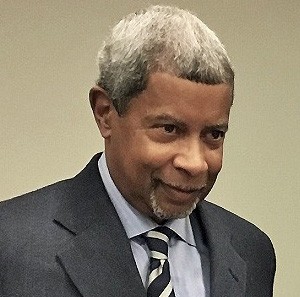
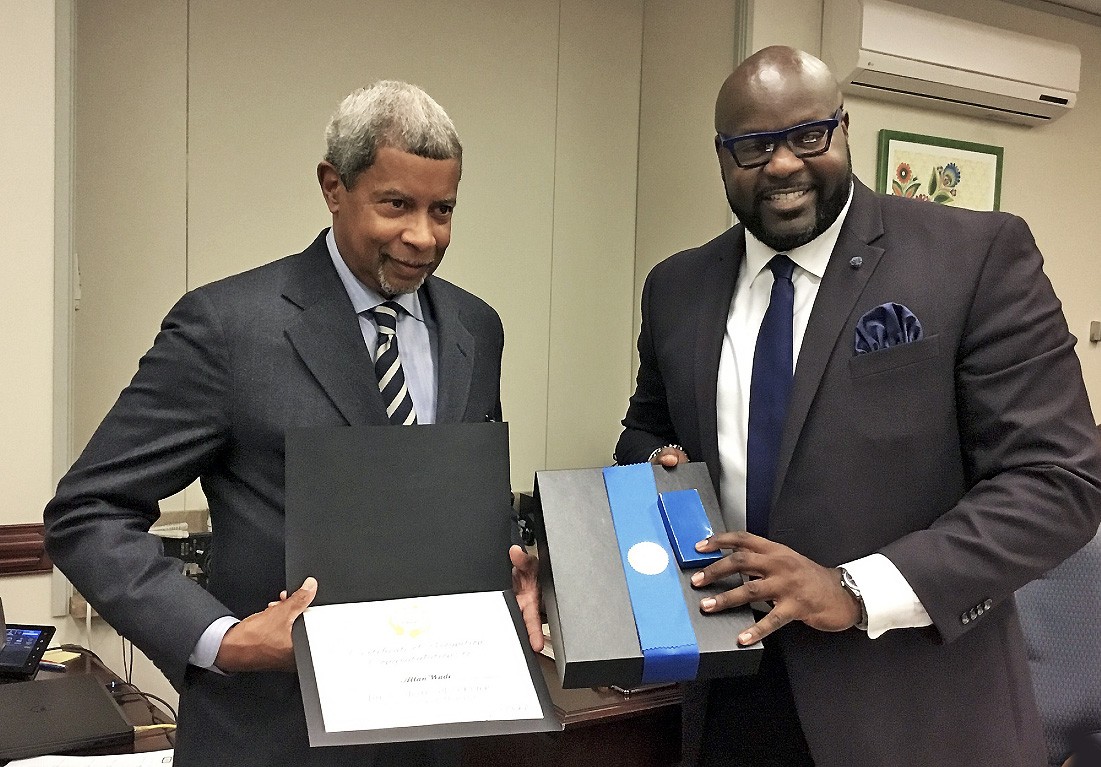
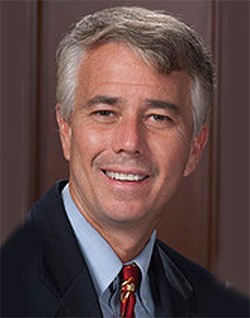
 Jackson Baker
Jackson Baker  JB
JB 